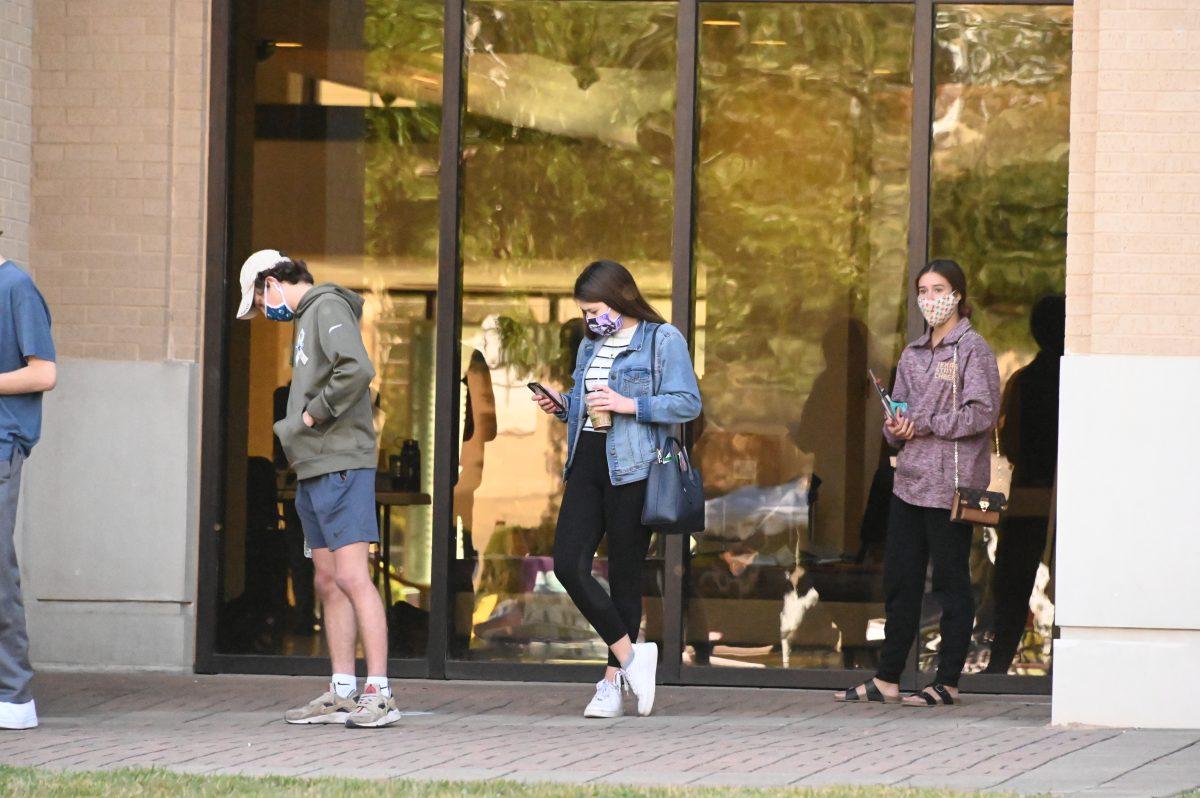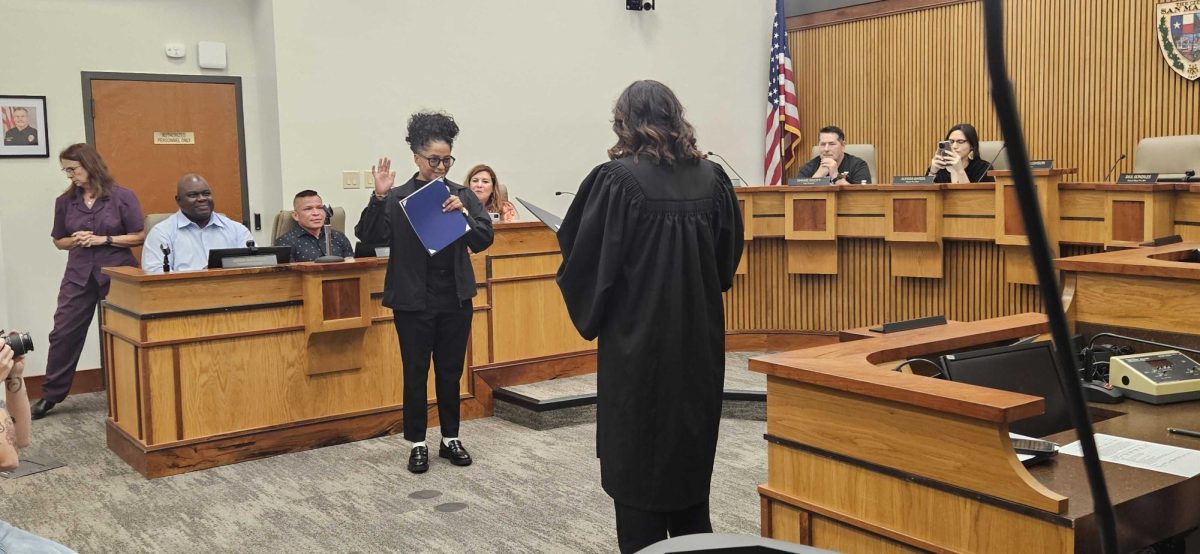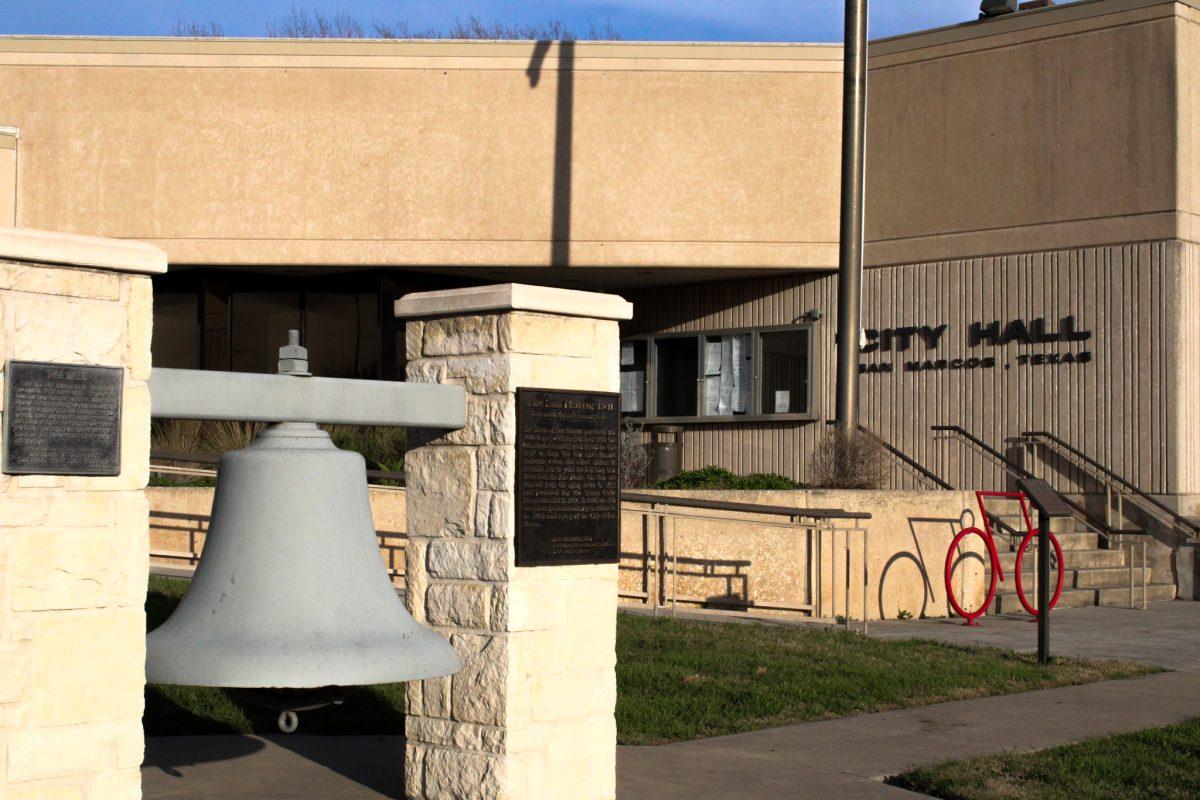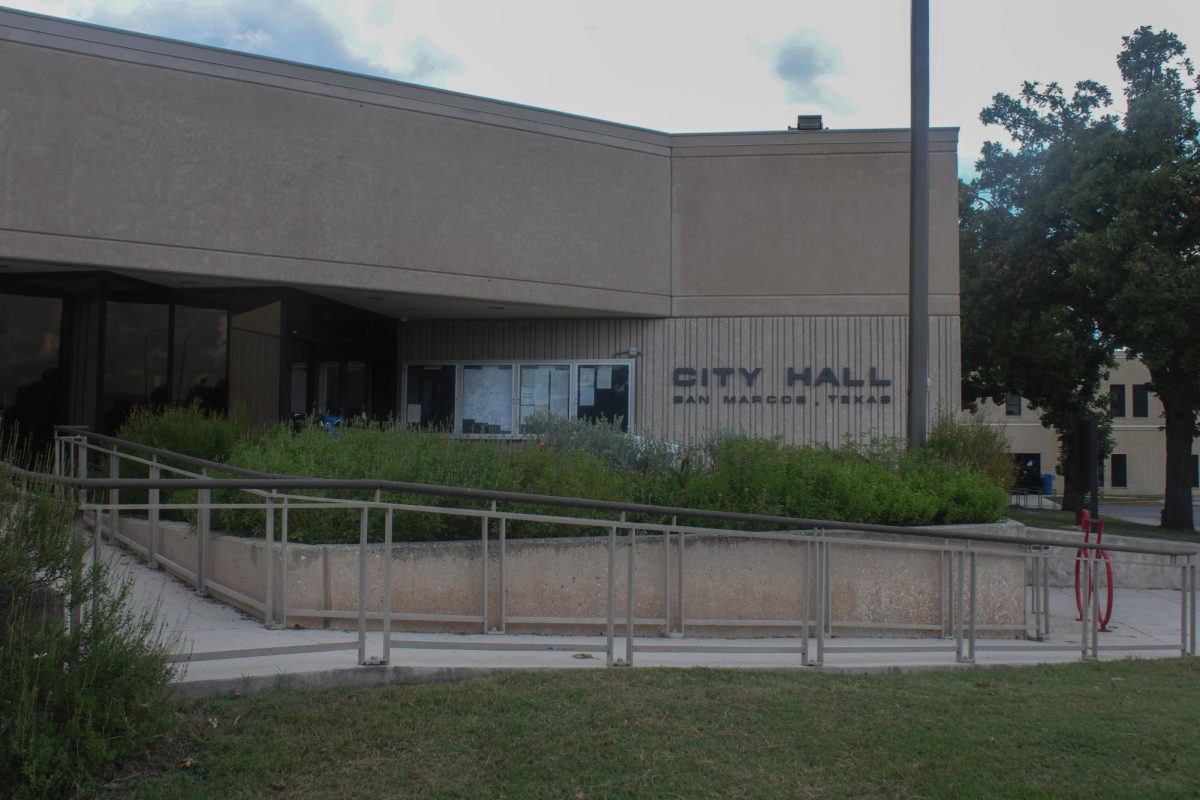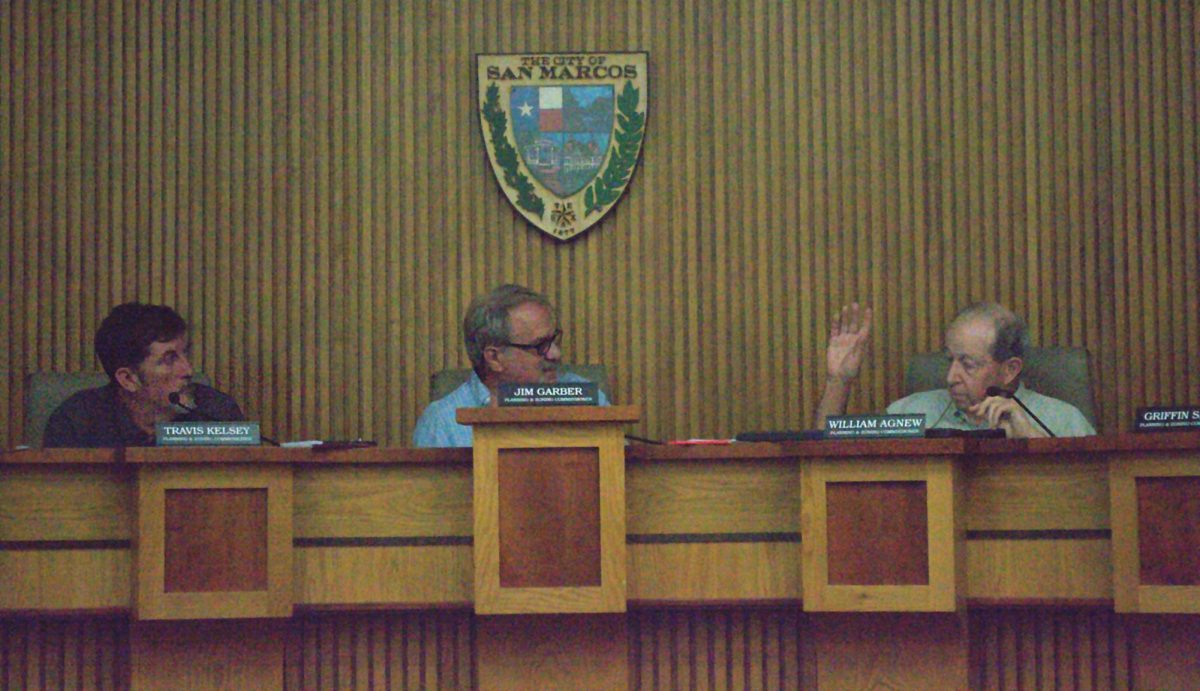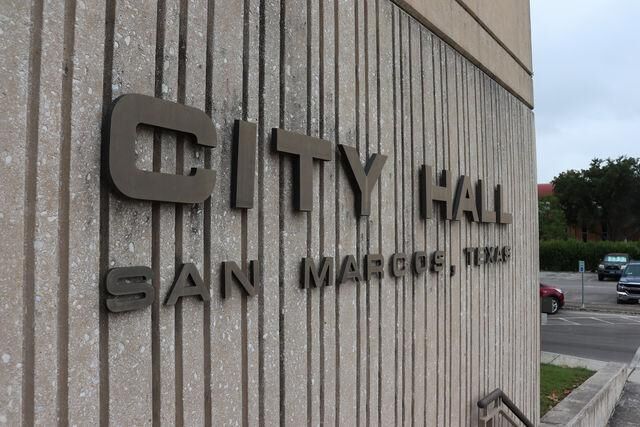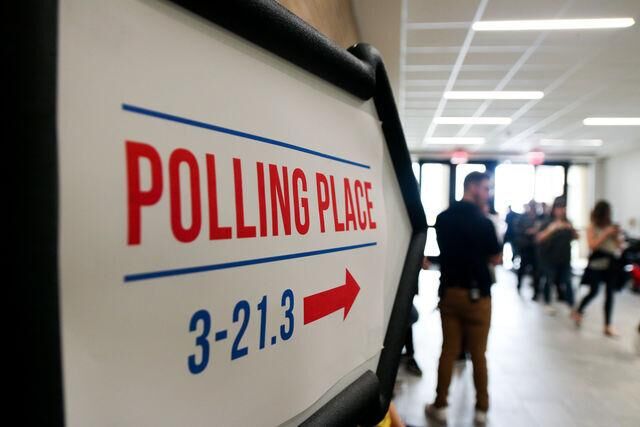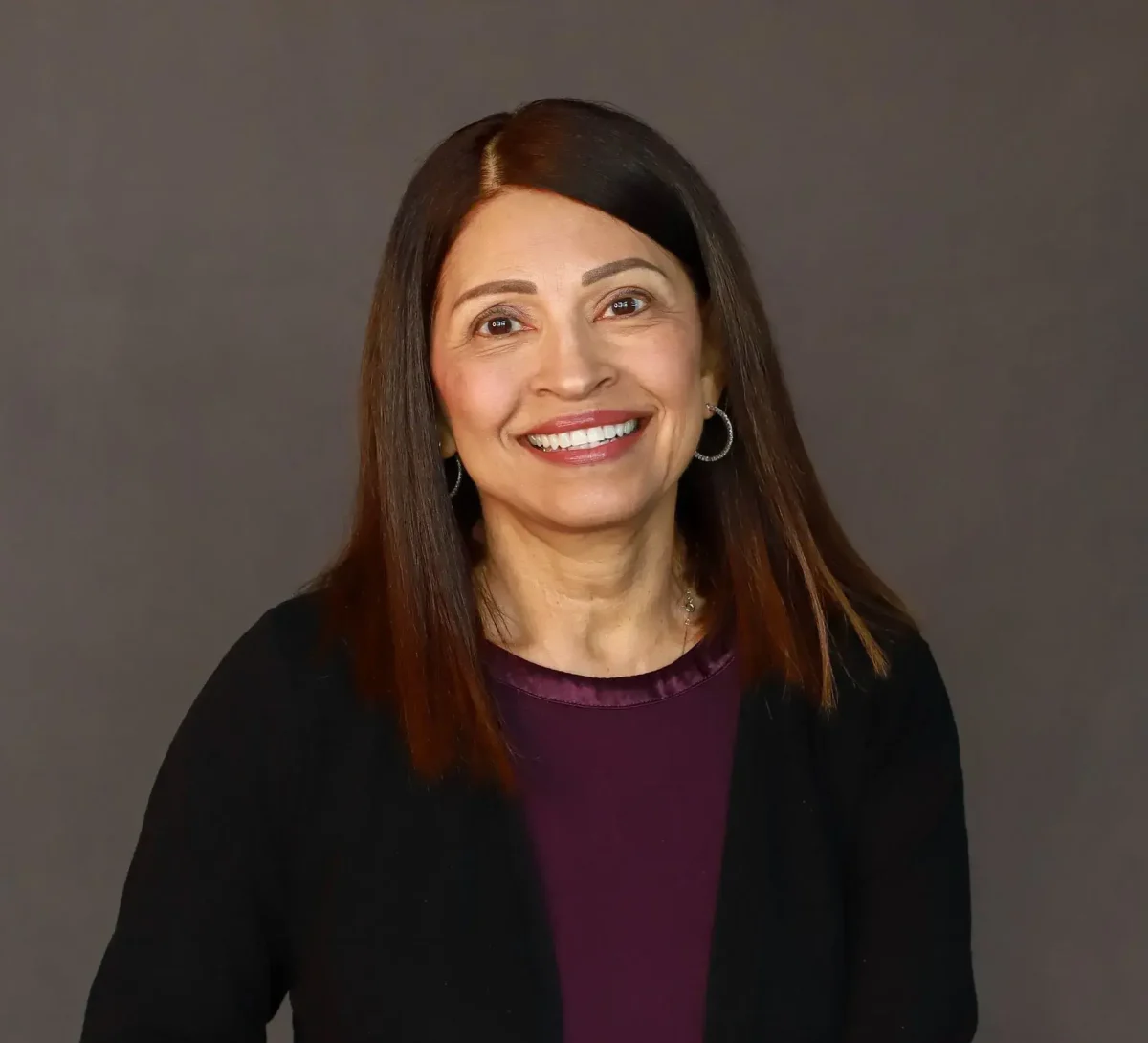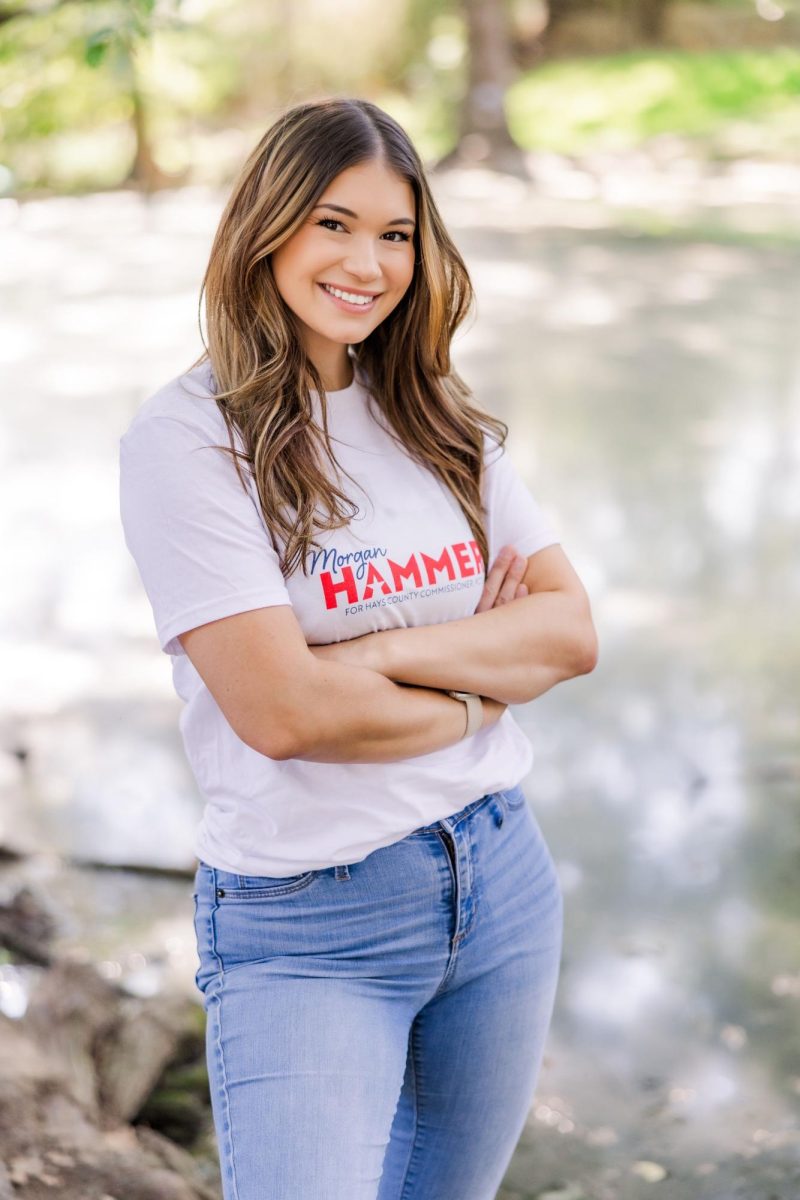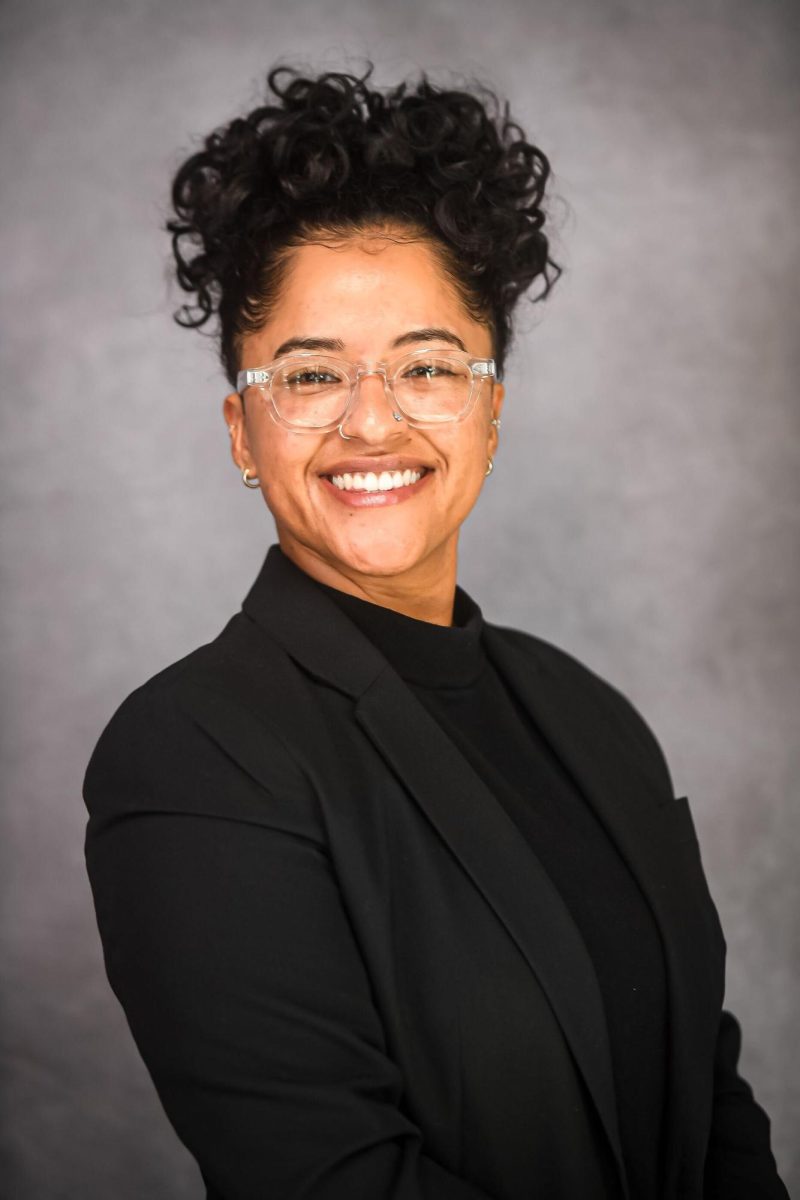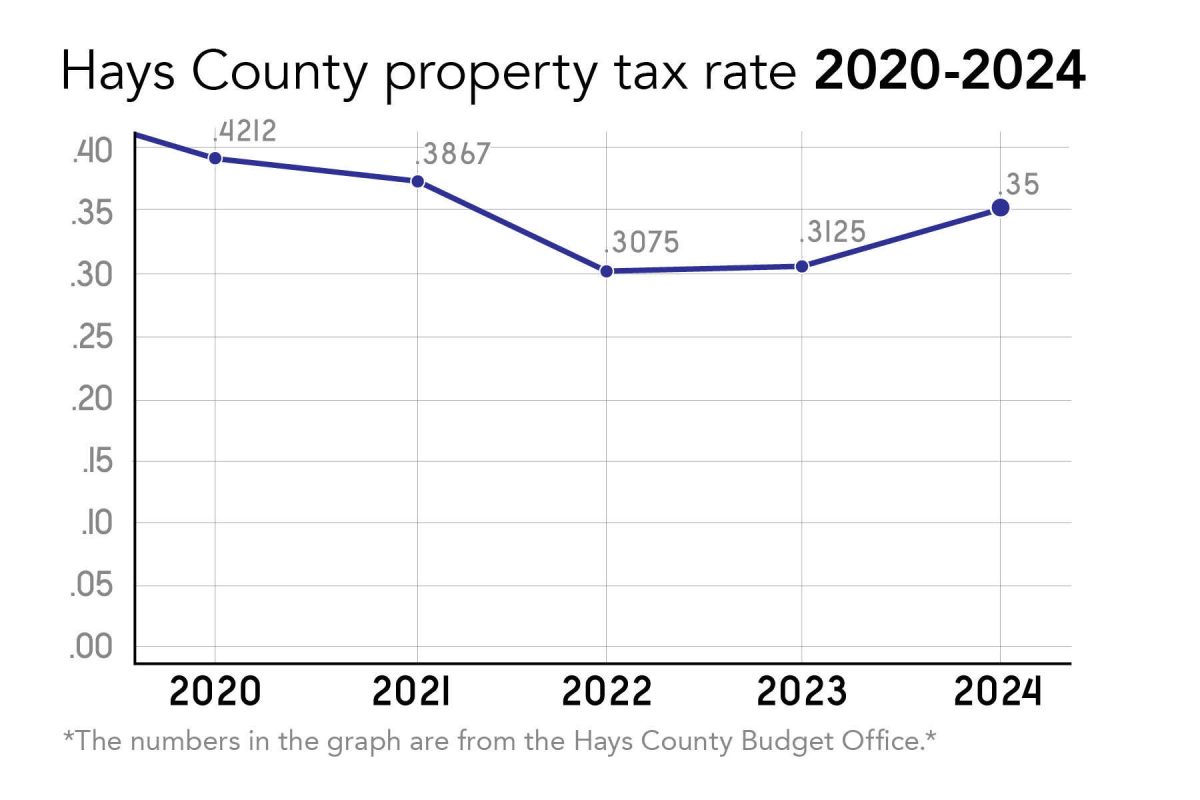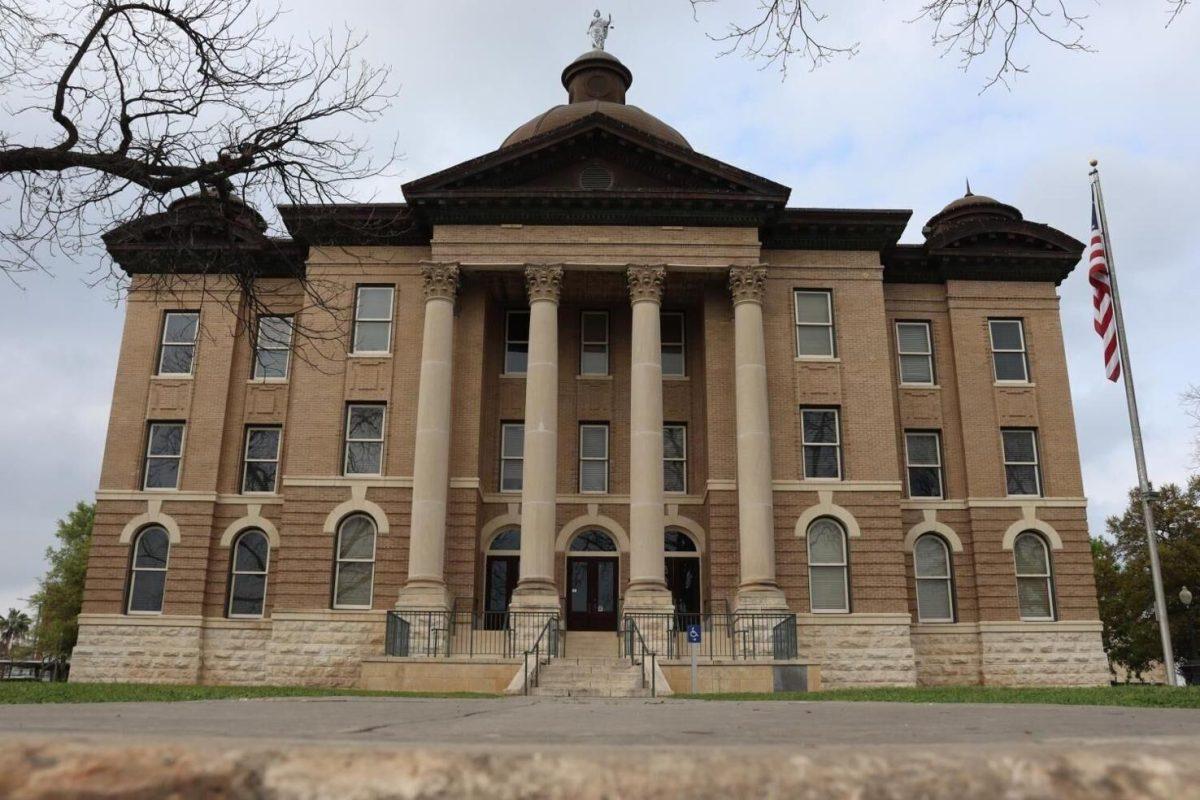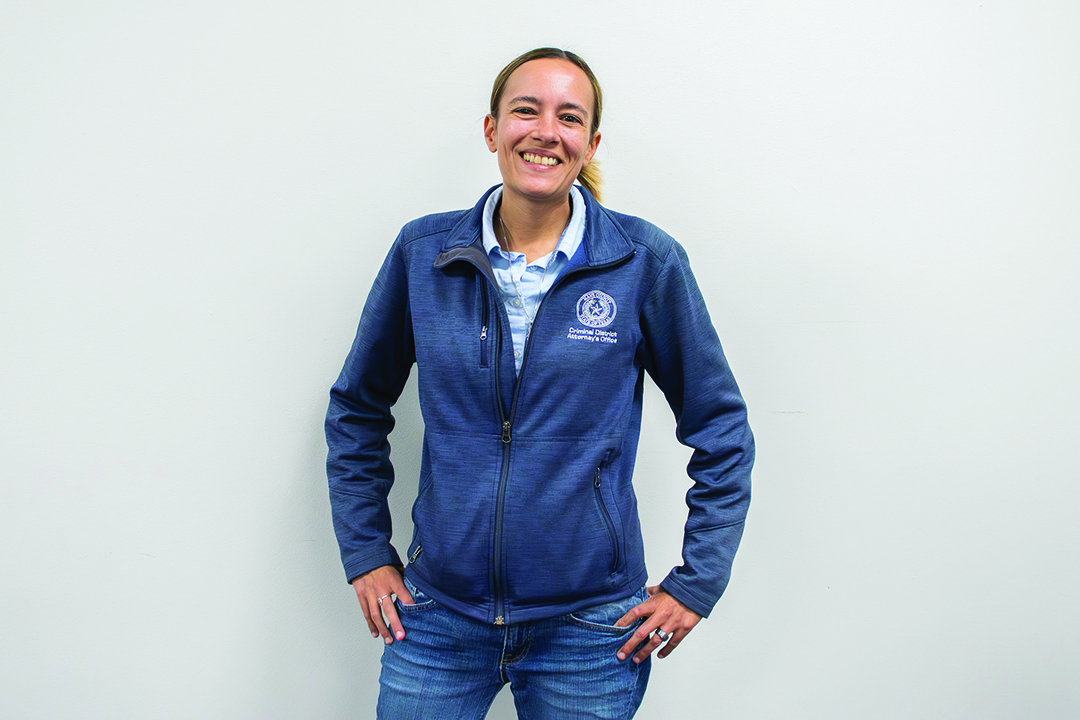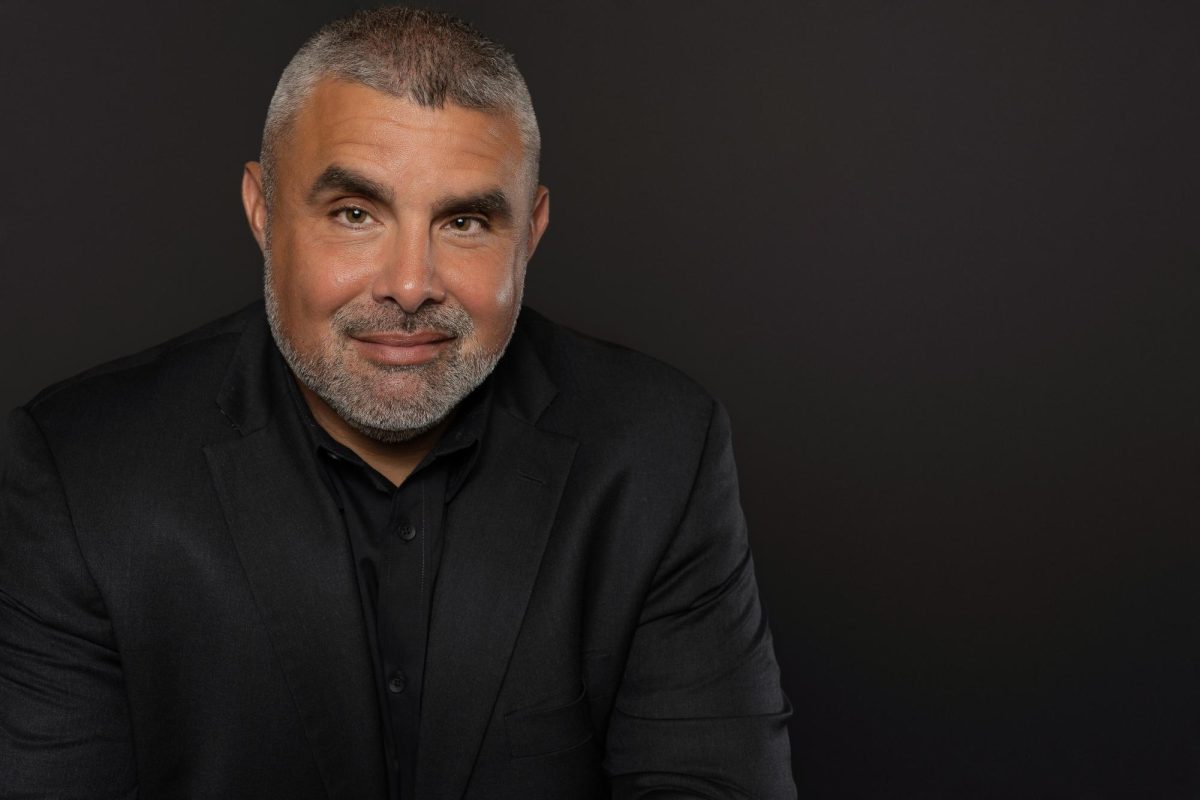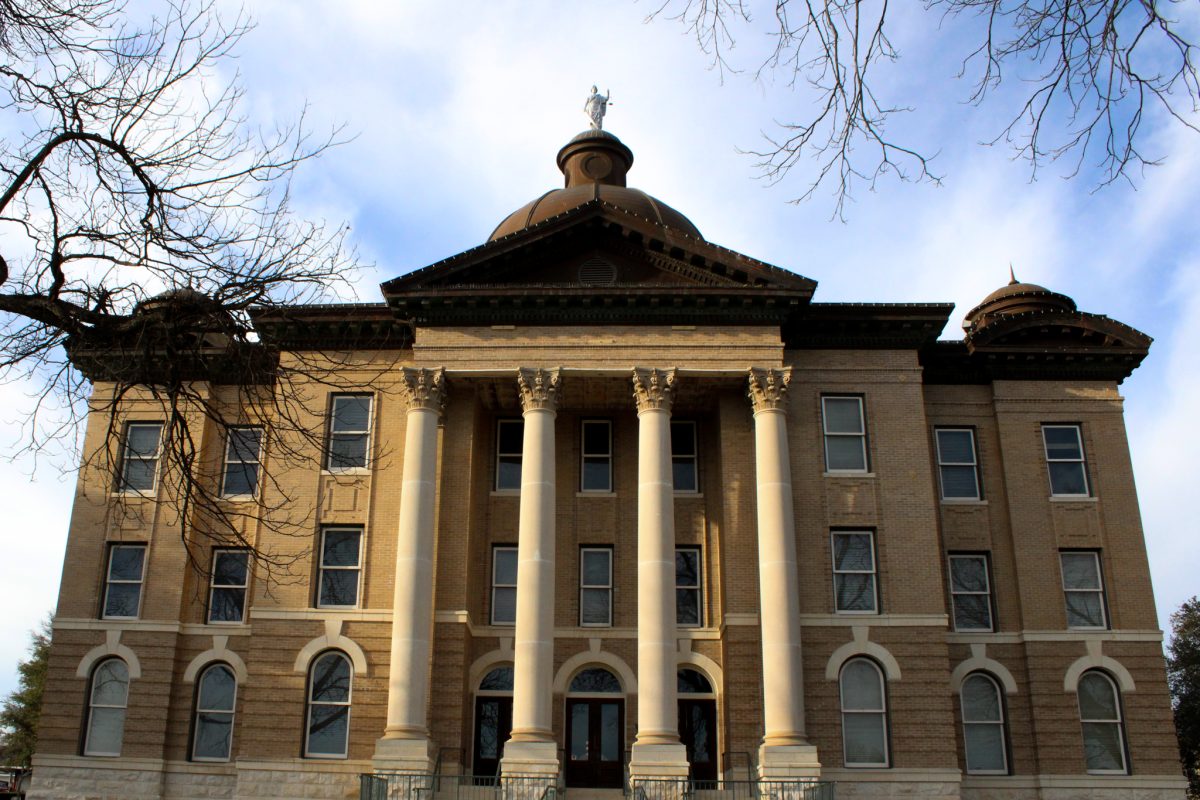Election Day in San Marcos saw a steady flow of voters, long wait times for some and various watch parties featuring local candidates reacting to live results.
Hays County saw 109,386 ballots cast total, 71.2% of registered voters in the county. The vast majority of those ballots were cast during the early voting period from Oct. 13-30, which saw a total of 97,477 voters.
The county also significantly surpassed the total voter turnouts of the 2016 and 2018 general elections at 73,589 and 80,499 total ballots cast, respectively.
At Texas State’s Performing Arts Center, the campus polling location, 746 ballots and 150 provisional ballots were cast on Election Day, totaling 8,408 ballots and 447 provisional ballots in the 2020 election season.
Provisional ballots are ballots cast when a voter’s eligibility is in question, such as when a voter has an incorrect address due to moving near the voter registration deadline. If these ballots are later considered ineligible, they will not be counted.
Unlike previous elections on campus, the PAC did not see long lines and multi-hour wait times past closing time on Election Day. A small group of voters remained in line once polling locations closed at 7 p.m., and while lines peaked around 2-3 p.m., they dissipated by closing time.
Paola Ventura, a biology major, says it took about an hour for her to vote but says she expected the wait time to be longer.
“I wanted to see if I could make a change with my voting because my parents don’t vote,” Ventura said. “I wanted to get myself accustomed to it because I wanted to keep doing it, so I can have at least some say in what our country does and the county does too.”
Michael Marullo, a junior and business management major who voted at the PAC in the hour before closing, says it took him about 10-15 minutes to get through the line.
“Despite getting bombarded by like 20 people handing out fliers and whatnot, it was pretty normal,” Marullo said.
Some students had more negative experiences voting due to registration complications and encounters with electioneers while waiting in line. Kaitlin Hall, a psychology major, says the voting experience overall was frustrating to her. She believes voting should be online for convenience purposes.
“Some of the [local candidates in line] were very pushy, and some of them were very kind and asked if they could talk to you, and that’s the way it’s supposed to go. You’re supposed to be able to respect people’s privacy; you’re not supposed to push your views on other people,” Hall said.
Thalia Colton, a junior and psychology major, faced registration issues and had to cast a provisional ballot. She says it took her about an hour to get through the line, then an additional two hours to get through the provisional ballot line, adding that she was forced to miss a class to cast her vote.
Colton says she did not feel as if the line to submit a provisional ballot was properly monitored for COVID-19 safety protocols.
“Some parts of the line kept their space, but some parts were really close and they didn’t do anything. Like, when I was in provisional, they didn’t keep space at all. There were [social distance] markers on the regular voter line, but on the [provisional line] they didn’t have any. I guess I was okay because I had a mask… but I was kind of surprised,” Colton said.
Boko’s Election Watch Party
Texas State held an election watch party in the LBJ Student Center Teaching Theater, where socially-distanced students filled the room to watch live results after polls closed at 7 p.m. Sherri Benn, assistant vice president for Institutional Inclusive Excellence, says yoga sessions and arts and crafts were provided to assist with stress during a tense political climate.
“We know that there has been a significant degree of polarization and tension around this particular election, but at the heart of all this we want to remember that we are a community of Bobcats, and that’s what’s really important.”
Among the watch party-goers was Vincent Morton, Dean of Students, who says the university hosting the watch party was a continuation of the civil responsibilities it wanted to provide to students, faculty and staff. He says he was happy to see early voting on-campus run smoothly.
“I’m glad there was a collaborative effort between the county and the school where we could actually provide access to not only the citizens of Hays County but also to our students,” Morton said.
Susie Foreman, a theater education major, says she has been following the election closely and hoped to see Texas turn blue, saying it would more accurately reflect the values of young Texans. With about 99% of the vote counted, Texas voted in favor of Donald Trump, who won 52.22% of the vote in the state.
“Just having friends to talk about it and just making sure that you are taking care of yourself and taking time to step away from your phone and the news. Just decompress and realize everything, in the end, will eventually turn out all right,” Foreman said.
Cristian Avila, a sophomore psychology major, says she attended the watch party due to how controversial the presidential election is to her. She says the closeness of the election demonstrates why people should vote, saying that people may not realize how much is at stake.
“I know a lot of people said they weren’t going to [vote] because they didn’t like either candidate, but there’s obviously better candidates out there than others, and it could really make a difference to other people’s lives,” Avila said.
Local candidate watch parties
Incumbent Mayor Jane Hughson and incumbent City Council Place 3 member Ed Mihalkanin both attended an Election Day watch party in downtown San Marcos. Hughson ended up leading the mayoral race with 44.75% of the vote, but since she got below 50% of the vote, she will take part in a runoff election in December against second-place Juan Miguel Arredondo.
Mihalkanin lost reelection to the City Council Place 3 seat to candidate Alyssa Garza, who won with 71.43% of the vote. He has served in the seat since 2016.
Mihalkanin speculated that organizations, such as College Democrats and MOVE Texas, assisted with Garza’s victory, while Hughson says she believes Garza’s work with the 2020 Census boosted her profile. Mihalkanin says College Democrats decided in April to not endorse anyone that voted against a cite-and-release ordinance, which Mihalkanin opposed.
“In 2018, [MOVE] had an accordion that had candidates they endorsed from Beto O’Rourke all the way down to City Council races here in San Marcos that they were handing out. I saw MOVE people tonight, and I bet they were there every day of early voting, and I’m sure they had a list that I was not on,” Mihalkanin said.
Garza collected 13,785 votes for Place 3, compared to Mihalkanin’s 5,514 votes. Garza says she was shocked at the significant turnout in her favor but is grateful for those who supported her. She says she is excited to engage more with the San Marcos community and will try to involve citizens in the changes she makes.
“I want to thank all voters for trusting me to represent them and work alongside them to shape a more equitable and just San Marcos; I think they all have made their voices heard,” Garza said. “The message is folks are ready for a change, and they want to continue to be heard and engaged and involved in the decision-making process, and I will try my very best to make that happen.”
Mihalkanin says he was proud to see Hays County’s “incredible” voter turnout this election regardless of results.
“Remember that there’s still a runoff election. There’s gonna be two races that are going to be very important, so I hope people will continue to be interested in coming out to vote,” Mihalkanin said.
Shane Scott, candidate and unofficial winner of the San Marcos City Council Place 4 race, beat incumbent Mark Rockeymoore with 55.11% of the vote. He attended an Election Day watch party at The Porch downtown alongside Mark Gleason, the leading candidate for the San Marcos City Council Place 5 race.
Scott says since he last occupied a City Council seat in 2015, he has seen significant changes to the city’s taxes. He says it will be critical for him to push for tax cuts and reform in San Marcos when he is in office.
“With the pandemic and stuff going on, we need to really focus on the bare bones of what we need to make sure that nobody’s being left out. I’d hate to start a project that takes something away from the food of somebody else,” Scott said.
Gleason unofficially won the special election to fill the City Council Place 5 seat vacated by Jocabed “Joca” Marquez. Since Gleason received only 35.36% of the vote (candidates need more than 50%), a runoff election will be held in December between him and Omar Baca, who received 32.59% of the vote.
Gleason says after his home flooded twice in 2015, and he was appointed to the Planning and Zoning Commission, he was pushed to further get involved in city politics. He says he plans to bring a unique perspective to the council for natural disaster recovery and planning if he is elected in the runoff.
“I’m the only planning and zoning commissioner out of nine people that lives east of I-35, and that side of town has been underrepresented for a very long time, and I’ve owned a home over there for 20 years, so I felt like it was time to step up and be part of that,” Gleason said.
Baca, Gleason’s opponent, says his platform was similar to third-place City Council Place 5 candidate Zach Sambrano and considers his politics “diametrically opposed” to Gleason’s. Baca says he is happy to continue the fight for the city council seat and has been campaigning since March.
“I’m ready to get to the end. I think, if elected, I’ll serve 11 months before I have to face yet another Election Day. So it’s the campaign that never ends,” Baca said.
Baca says a key aspect of his campaign is tenants’ rights in the city. He says 70% of the population in San Marcos are renters and tenants and believe they are not properly advocated for or represented on the council.
“I’ve seen and heard people say, ‘well, they’re temporary residents, they just come and go, and they consume and they leave.’ But the fact of the matter is, if you’re in our community, you need to be advocated for just as much as somebody who’s been here all their lives,” Baca said.
The University Star’s unofficial election results in San Marcos and Hays County can be viewed here.
San Marcos voters and candidates share Election Day experiences, hopes for future
November 6, 2020
Hays County voters wait in line to vote in the general election, Tuesday, Nov. 3, 2020, at the Performing Arts Center on Texas State’s campus.
0
Donate to The University Star
Your donation will support the student journalists of Texas State University. Your contribution will allow us to purchase equipment and cover our annual website hosting costs.
More to Discover


